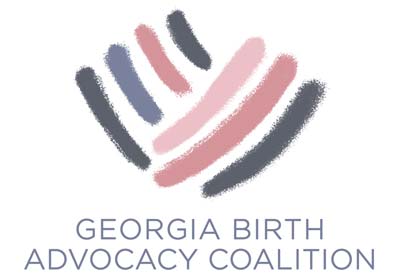Discrimination in Maternity Care
Black women are three to four times more likely than white women to die of pregnancy-related causes. Twenty-one percent of Black women say they experienced racism when hospitalized for pregnancy-related complications.
All birthing people should care about discrimination in maternity care because sexist and anti-parent biases erode quality of care for everyone. Beliefs that women exaggerate pain, can’t be trusted to make good decisions, or lose the right to bodily autonomy when they become pregnant color every interaction a pregnant person has with their care provider. They play a role in institutional policies and subtle biases.
Yet discrimination, by its very definition, does not equally affect all people. Women of color, especially black women, cannot be confident that they will receive quality, evidence-based care when they walk into a hospital. Class, money, and education do not correct these biases, as evidenced by high-profile stories such as Serena Williams’s harrowing birth experience. In another tragic case, Kira Johnson begged for medical help following a c-section. Doctors responded by telling her she wasn’t a priority as she died a preventable death.
Research consistently shows that people of color receive lower quality treatment. Consider the following:
Half of medical students believe false racist ideas about black people, such as that they have fewer nerve endings than whites, age more slowly, or feel less pain.
Clinicians believe white patients are more likely to improve with treatment and more likely to follow their doctor’s treatment recommendations.
Doctors underestimate the pain of women of color in labor.
In working with people of color, doctors often cling to one diagnosis even when the evidence supports another diagnosis. This is called anchoring bias, and is a common cause of medical misdiagnosis.
Hospitals are nine times more likely to give formula to black babies.
Doctors don’t have to be deliberately racist. Many hold biases without even realizing it. Institutions may even build policies around these biases. The result is a maternal health crisis for women of color. Black women are 3.5 times more likely than white women to die of pregnancy-related causes. Differences in lifestyle or socioeconomic class do not explain this difference. Black women face significantly more birth trauma than white women—often due to racist or neglectful treatment. Even when women survive their births without major trauma or medical problems, the impact of racism in the delivery room extends well beyond birth, affecting families and communities.
Differences in power, economic access, and other factors also play a role. Incarcerated women, who are usually in prison for petty offenses, face immense abuse when they are pregnant. Georgia still allows prisons and jails to incarcerate pregnant inmates, even though a pregnant inmate has never escaped, assaulted an officer, or otherwise presented a threat. Pamela Winn, one former Georgia inmate, suffered a life-threatening miscarriage because she was shackled.
Women of color are also more likely to be threatened with DFCS (sometimes known as CPS) involvement when they don’t do what their doctors want.
Until medical providers respect the full humanity of all birthing people, no one can feel completely safe in the delivery room. Race and social location should not determine whether a birthing person lives or dies. The Georgia Birth Advocacy Coalition believes in dignity for all birthing people, not just those who can afford quality care or appeal to their providers’ biases.

